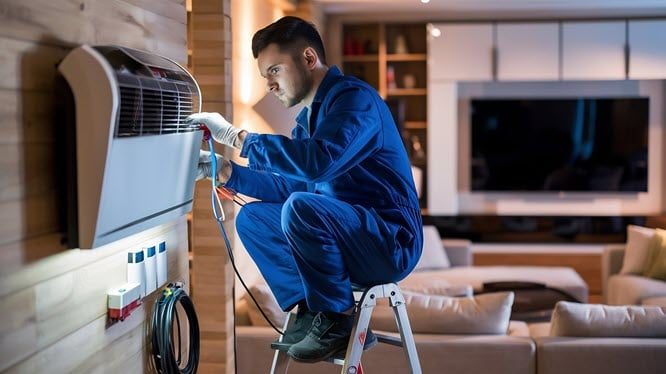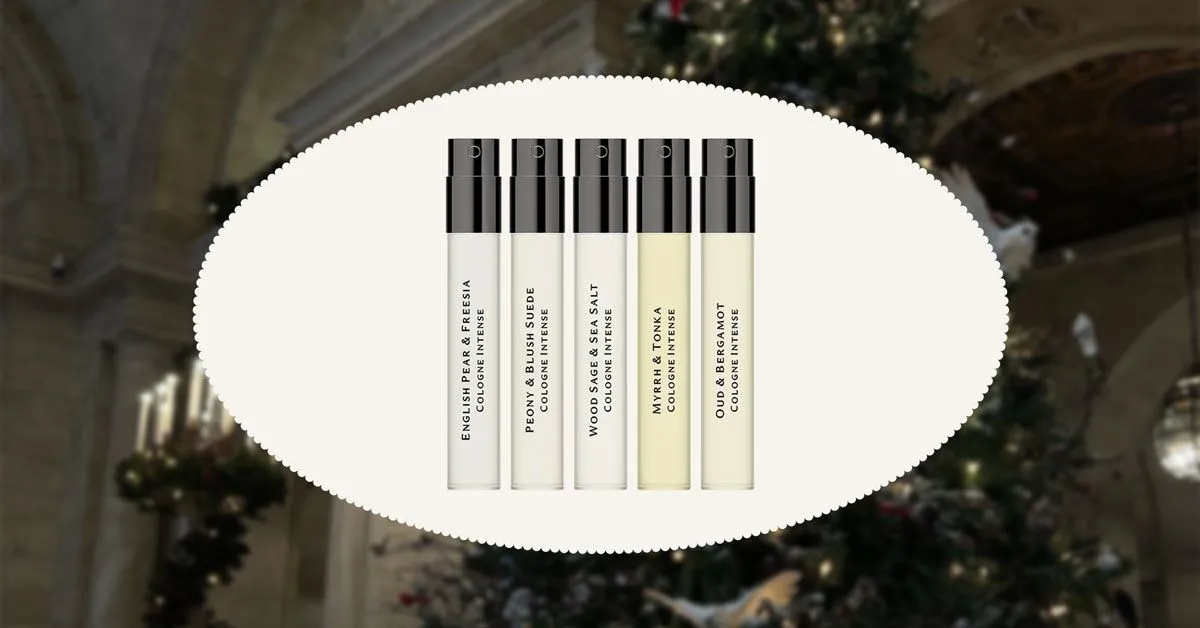Sharing is Caring!
You might wonder why the air conditioners they sell these days don’t stand up to the ones built over 20 years ago. There’s a good reason for it, and below, you’ll discover the possible reasons.
When you talk to homeowners about cooling, one thing always comes up: “My dad’s old air conditioner ran for 25 years — why did mine die after 12?” It’s a fair question. People feel that the new units don’t hold up as well as the old ones did.
So are modern air conditioners built to break? Or is there more to the story?
Let’s dig in, so you know what to expect — and how to help your cooling system last as long as possible.
The Golden Era: Why Old Air Conditioners Seemed to Last Forever
If you’ve ever owned or inherited an older house, you probably know what I’m talking about. Those large, boxy air conditioning units from the 1980s and 1990s could last for 20–30 years.
They were built like tanks — thicker copper coils, heavy-duty metal parts, and simpler, less efficient designs. There were fewer electronic sensors and circuit boards to fail. In a sense, they were overbuilt, and they were designed in an era when energy costs were lower and efficiency wasn’t the biggest concern.
But here’s the catch: they burned through a lot more electricity.
Some of those old air conditioners had SEER ratings (Seasonal Energy Efficiency Ratio) as low as 8 or 10. By today’s standards, that’s wildly inefficient. So yes, they lasted longer, but they cost more to run, and they weren’t exactly great for the environment.
Moreover, the HVAC system in my home broke down only after 15 years. Even the window unit air conditioners my friends own don’t last but a few years before they start having problems.
Why Modern Cooling Systems Don’t Always Go the Distance
Today, air conditioners are designed to meet stringent energy efficiency standards.
The average new system has a SEER rating of 14–20+, which means you’re getting significantly more cooling for every dollar spent on electricity. That’s good news for your wallet and your carbon footprint.
But here’s the trade-off: higher efficiency means more complexity. Modern units have variable-speed compressors, smart circuit boards, sensors, and tighter tolerances. These parts help your cooling system adjust its output to match your home’s needs, rather than blasting full power all the time.
It saves money, but it means more parts can fail over time.
So it’s not that they’re designed to break sooner — it’s that they’re engineered to balance efficiency, comfort, and cost. With proper care, today’s AC units can last 12–15 years on average. That might sound short compared to your granddad’s system, but you’ll likely spend less overall because you save every month on cooling costs.
How Maintenance Makes or Breaks Your Air Conditioners Lifespan
Here’s the honest truth most people don’t want to hear: the single biggest factor in how long your air conditioning lasts isn’t the brand — it’s how you treat it.
I can’t count how many times I’ve seen homeowners run a new high-efficiency system into the ground in under 10 years. Why? Dirty filters, blocked coils, and skipped tune-ups.
Little things like a clogged air filter or dirty blower wheel can force your system to work overtime. Over time, that extra stress wears out compressors and fans faster than you’d expect.
Want your cooling system to last? Change your filters every 1–3 months during heavy use. Keep the outdoor condenser unit clear of debris, bushes, and leaves.
Schedule an annual professional tune-up to catch small problems before they destroy your system.
Climate and Usage Play a Huge Role
Another reason modern air conditioners might wear out faster than the old beasts: we use them a lot more now. Houses are bigger, windows are bigger, and people expect consistent cooling throughout every room — even when it’s 100°F outside.
Plus, if you live in a climate with long, hot summers, your AC might run for thousands of hours every year. The more hours it runs, the more wear and tear it sees. So, the climate and how you use your cooling system can be just as important as the unit’s design.
When It’s Worth Fixing — And When to Replace
Nobody wants to shell out for a new cooling system before they have to.
But sometimes repairs just don’t make sense. If your AC is 10–12 years old and you’re facing a major repair like a failed compressor, it’s often smarter to invest in a new system that’s more efficient and comes with a fresh warranty.
On the other hand, if your unit is under 10 years old and you’ve taken good care of it, a reputable tech should always look for cost-effective repairs first. Sometimes a capacitor, fan motor, or refrigerant line fix can keep your cooling working for years more.
How to Make Your Next AC Last Longer
Here’s The Good News About Air Conditioners
Here’s the good news: you have more control than you think. If you want to get the longest possible life from your air conditioning system, here’s what you can do:
- Keep it clean: Change filters regularly, and hose down the outdoor coil gently every few months.
- Keep it clear: Don’t let shrubs or fences block airflow to your outside unit.
- Check your ducts: Leaky ductwork makes your AC work harder than it should.
- Use a smart thermostat: Let your cooling system rest when you’re not home.
- Get it checked yearly: A professional tune-up is the cheapest insurance you can buy for your AC’s lifespan.
The Bottom Line
So, are modern air conditioners built to break?
Not exactly — but they do have shorter lifespans than the old tanks from decades ago. That’s the trade-off for better efficiency, lower energy bills, and cleaner cooling. The good news is you can squeeze every possible year out of your system with smart upkeep and a little TLC.
When you hear your neighbor brag about their 30-year-old AC, just remember: they probably paid a fortune in power bills to keep that old beast running. With a modern system, you might replace it sooner, but you’ll stay cooler, pay less each month, and breathe easier.
That’s a fair deal — as long as you take care of it.
Sharing is Caring!
Disclaimer: This story is auto-aggregated by a computer program and has not been created or edited by jennertrends.
Publisher: Source link













